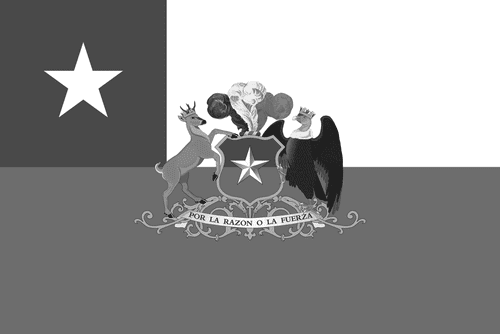
Photo Attribution: wikipedia commons
The Nation of Chile
This example has been viewed 648x times
Summary
Rodden Rating
Analysis for The Nation of Chile
Biography
Chile,[a] officially the Republic of Chile,[b] is a country located in western South America. It is the southernmost country in the world and the closest to Antarctica, stretching along a narrow strip of land between the Andes Mountains and the Pacific Ocean. With an area of 756,102 square kilometers (291,933 sq mi)[3] and a population of 17.5 million as of 2017,[10] Chile shares borders with Peru to the north, Bolivia to the northeast, Argentina to the east, and the Drake Passage to the south. The country also controls several Pacific islands, including Juan Fernández, Isla Salas y Gómez, Desventuradas, and Easter Island, and claims about 1,250,000 square kilometers (480,000 sq mi) of Antarctica as the Chilean Antarctic Territory.[nb 2] The capital and largest city of Chile is Santiago, and the national language is Spanish.
Spain conquered and colonized the region in the mid-16th century, replacing Inca rule, but failed to conquer the independent Mapuche people who inhabited what is now south-central Chile. Chile emerged as a relatively stable authoritarian republic in the 1830s after their 1818 declaration of independence from Spain. During the 19th century, Chile experienced significant economic and territorial growth, putting an end to Mapuche resistance in the 1880s and gaining its current northern territory in the War of the Pacific (1879–83) by defeating Peru and Bolivia. In the 20th century, up until the 1970s, Chile underwent a process of democratization[11][12] and experienced rapid population growth and urbanization,[13] while relying increasingly on exports from copper mining to support its economy.[14][15] During the 1960s and 1970s, the country was marked by severe left-right political polarization and turmoil, which culminated in the 1973 Chilean coup d'état that overthrew Salvador Allende's democratically elected left-wing government. This was followed by a 16-year right-wing military dictatorship under Augusto Pinochet, which resulted in more than 3,000 deaths or disappearances.[16] The regime ended in 1990, following a referendum in 1988, and was succeeded by a center-left coalition, which ruled until 2010.
Chile has a high-income economy and is one of the most economically and socially stable nations in South America, leading Latin America in competitiveness, per capita income, globalization, peace, and economic freedom.[17] Chile also performs well in the region in terms of sustainability of the state and democratic development,[18] and boasts the second lowest homicide rate in the Americas, following only Canada. Chile is a founding member of the United Nations, the Community of Latin American and Caribbean States (CELAC), and the Pacific Alliance, and joined the OECD in 2010.
Source: https://en.wikipedia.org/wiki/Chile
Raw Data
Horoscope Data
Comments
Natal Data
1810-09-18 04:43:00 GMT
33° 26′ 56.0″ S 70° 40′ 9.4″ W
Santiago, Santiago Metropolitan Region, Chile
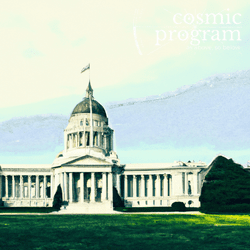
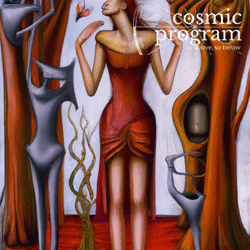
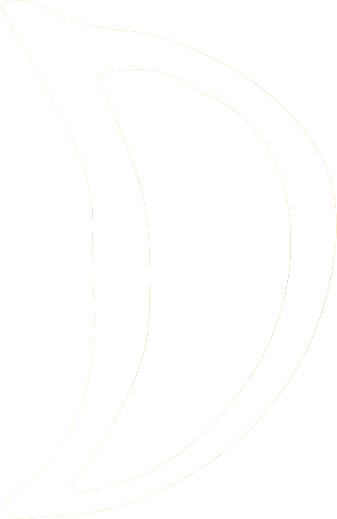
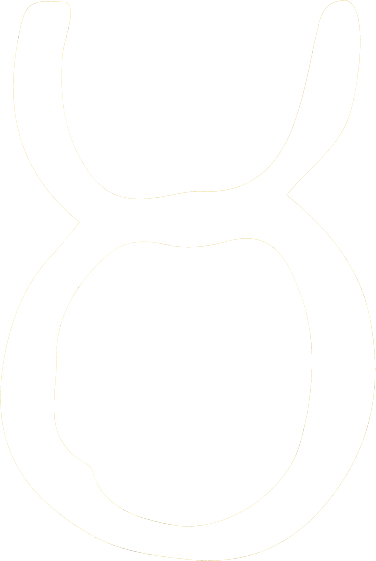
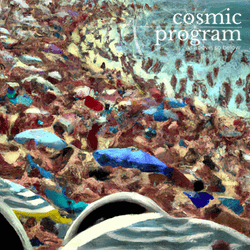

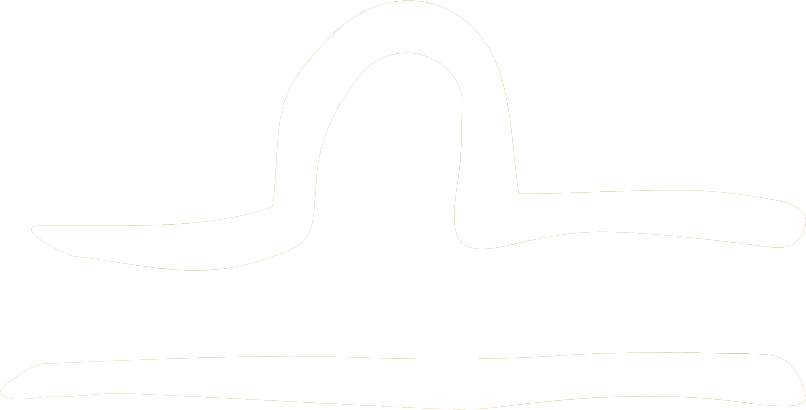
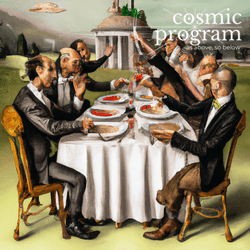


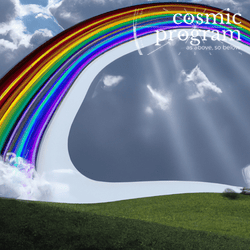





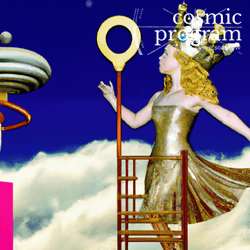
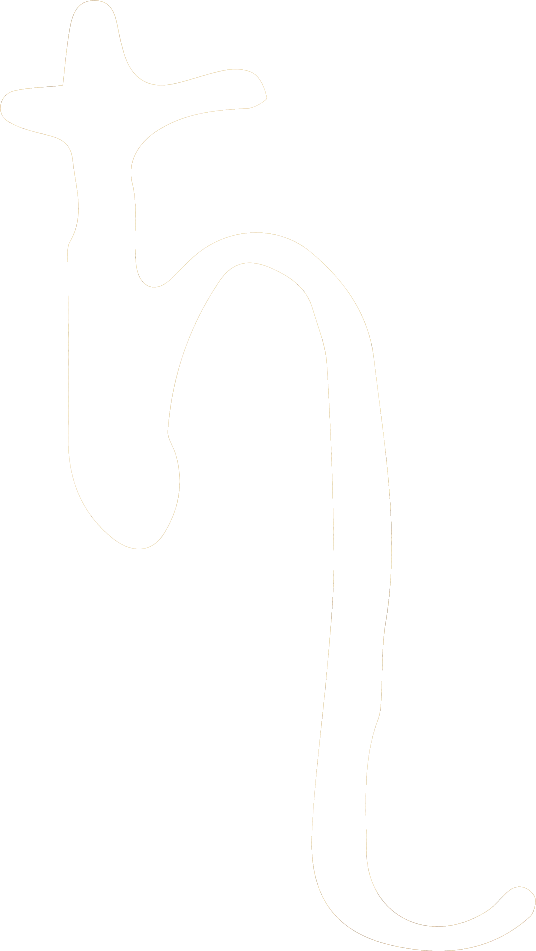

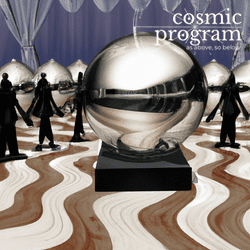

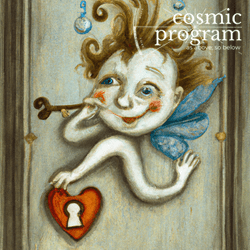

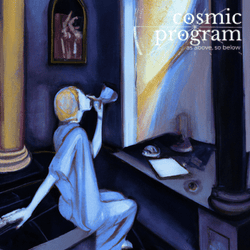


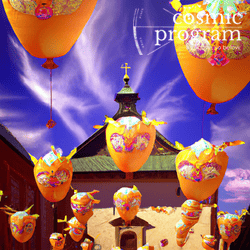
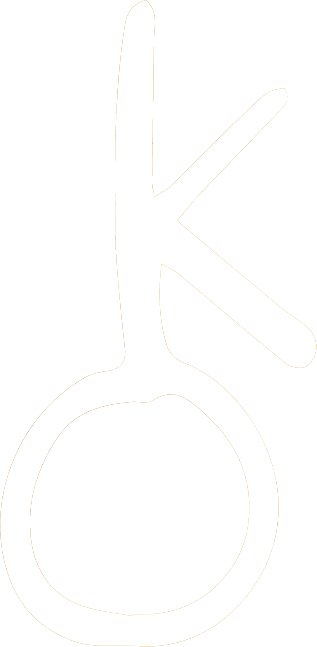
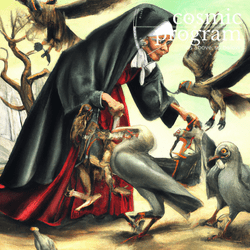




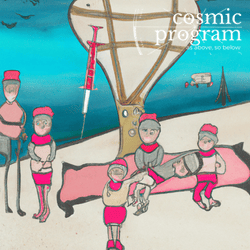

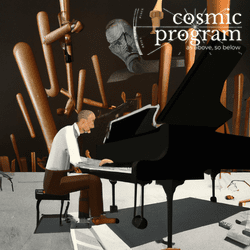

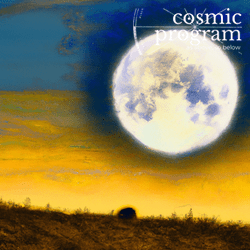
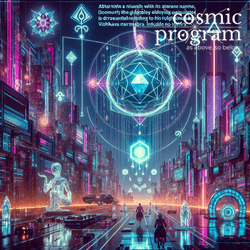

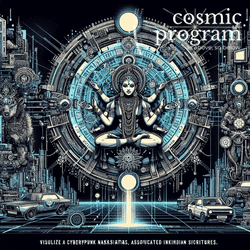
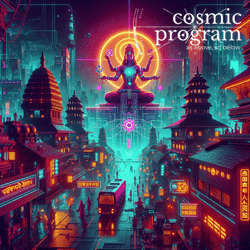
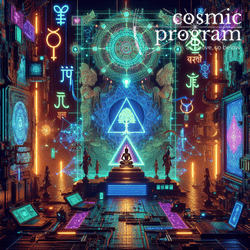

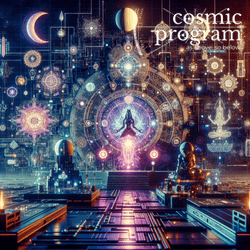
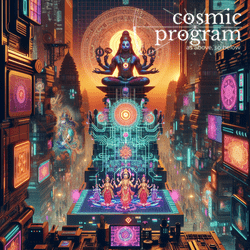
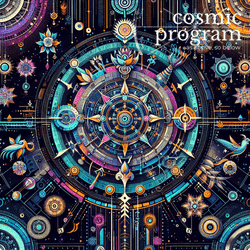
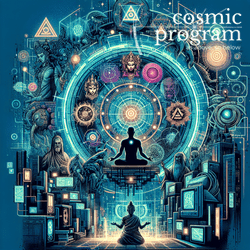
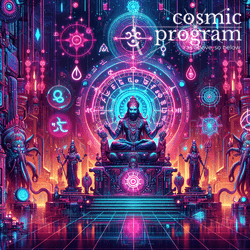
.svg.png?bossToken=440a1afd78608323f1460d73ddc58559ccf45a7415216a875a4bc055b02034f1)
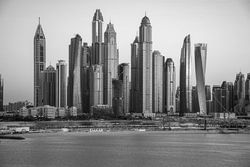
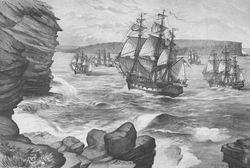
.svg?bossToken=c406f61ebc3cb53a81a41e58656e96e7e4a8bd000eb0e672400fccb70fa71a34)
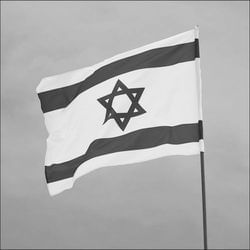
.svg.png?bossToken=2035c54101d7a9747533e6f88dc53239ac7b67ac9b8b2e144706860911e12e9d)
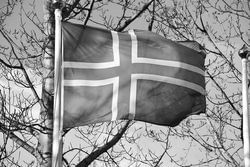

.png?bossToken=9cbc2242287a9d8db8cc0cd1844f71a0778e75a848c7e3293c144d4497278e2e)



